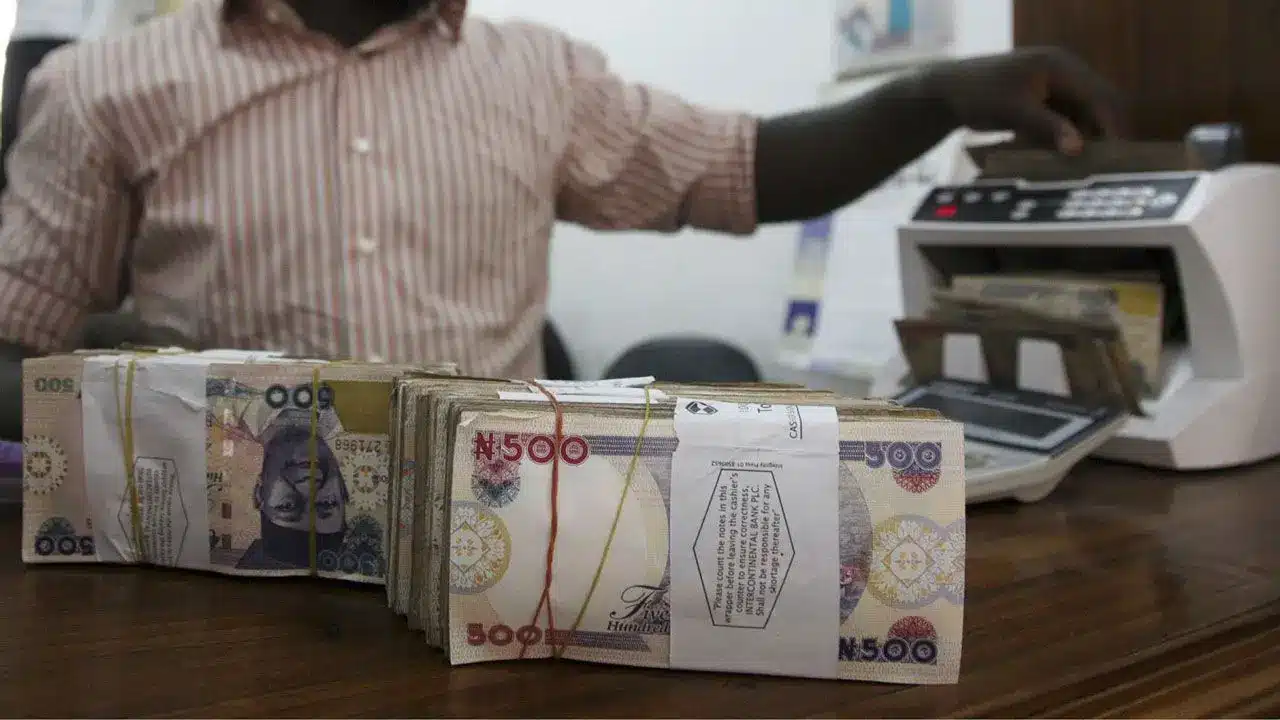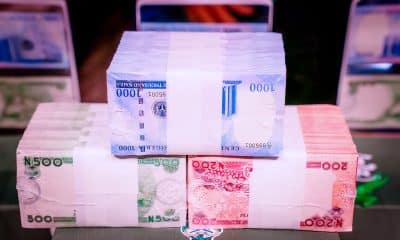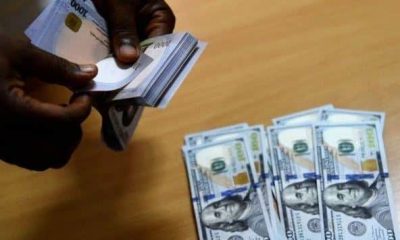Gist
How The Naira Note Can Land You In Jail (Details)

In Nigeria, the handling of the national currency, the Naira, is subject to strict regulations outlined by the Central Bank of Nigeria (CBN).
These regulations are designed to maintain the integrity and value of the Naira in both domestic and international transactions.
Violating these rules can result in legal consequences, including imprisonment.
This write-up explores various actions involving the Naira that could potentially land an individual in jail, highlighting the importance of respecting the legal guidelines set forth for currency handling.
Defacing or Mutilating the Naira:
One of the most common offenses involving the Naira is the willful defacement, mutilation, or destruction of the currency notes.
This includes actions such as tearing, burning, writing on, or otherwise damaging Naira notes.
The CBN considers such actions as disrespect to the country’s symbol of national pride and an act that compromises the longevity of the notes, leading to unnecessary financial waste in replacing them.
Counterfeiting:
Producing counterfeit Naira notes is a severe offense under Nigerian law. The act of forging or being in possession of counterfeit currency is seen as an attempt to undermine the economic stability of the country.
The Nigerian Security Printing and Minting Company Limited is the only authorized entity for printing Naira notes. Those found guilty of counterfeiting can face lengthy prison sentences and hefty fines.
Selling or Spraying of Naira Notes:
At social gatherings, it’s not uncommon to see individuals “spraying” money, a practice where Naira notes are thrown into the air or spread on individuals as a display of affluence.
However, this act is illegal under Nigerian law. The CBN has explicitly banned the selling, spraying, or mishandling of Naira notes.
This law is in place to prevent the disrespect and devaluation of the currency. Violators, including both the sprayers and the recipients, risk legal action that can lead to imprisonment.
Hoarding Large Quantities of Naira Notes:
Hoarding significant amounts of Naira notes, especially new currency, is another act that can attract legal penalties.
This practice is often done to create artificial scarcity, manipulate the currency’s value, or for the purpose of resale at higher prices.
The CBN has measures in place to monitor and control currency circulation and hoarding disrupts these processes.
Trading Naira Notes for Profit:
It is illegal to engage in the buying and selling of Naira notes for profit. This includes exchanging new notes for old ones with a commission or fee.
Such activities are considered as exploiting the currency for personal gain and can result in criminal charges.
Note that the Naira is not just Nigeria’s currency; it’s a symbol of national sovereignty and pride.
The Central Bank of Nigeria has set strict guidelines to protect the integrity of the Naira, and violation of these rules can have serious legal consequences.
It’s crucial for individuals and businesses to handle the currency with respect and adhere to the laws governing its use.
By doing so, they contribute to the stability and integrity of the nation’s economy, avoiding the legal repercussions that can lead to imprisonment.












